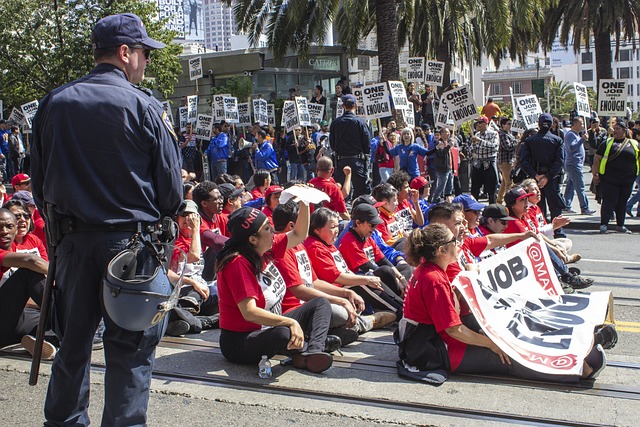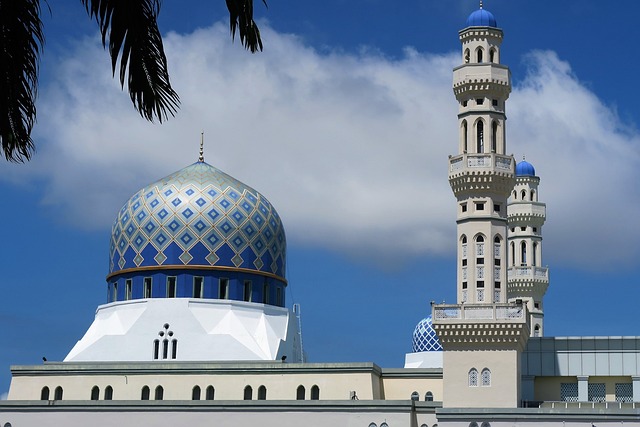Article Title:Religion, spirituality, and health service use by older hospitalized patients
Abstract:
Background: Religious and spiritual beliefs and practices are common among medical inpatients, and may impact length of hospital stay (LOS) and other health services (HSU) during hospitalization. Methods: 812 consecutively admitted patients age 50 or over to Duke University Medical Center were assessed. Measures of religiousness and spirituality included religious TV/radio (RTV), self-rated religiousness (SRR), observer-rated spirituality (ORS), and daily spiritual experiences (DSE). The primary outcome was LOS. Results: RTV and SRR predicted longer LOS, whereas ORS and DSE predicted shorter LOS (p less than or equal to 0.05). Effects of RTV on LOS were stronger among women, but explained by worse health status. The effects of DSE on LOS were stronger among non-whites. Among those reporting high DSE, diagnostic tests and total procedures also tended to be less common. Conclusions: Religious activities, attitudes, and spiritual experiences are weak predictors of LOS and HSU during hospitalization. Whether the prediction is positive or negative depends on the religious or spiritual characteristic.
Keywords: length of hospital stay; religion; spirituality; use of health services
DOI: 10.1023/A:1025812726644
Source:JOURNAL OF RELIGION & HEALTH
Welcome to correct the error, please contact email: humanisticspider@gmail.com



